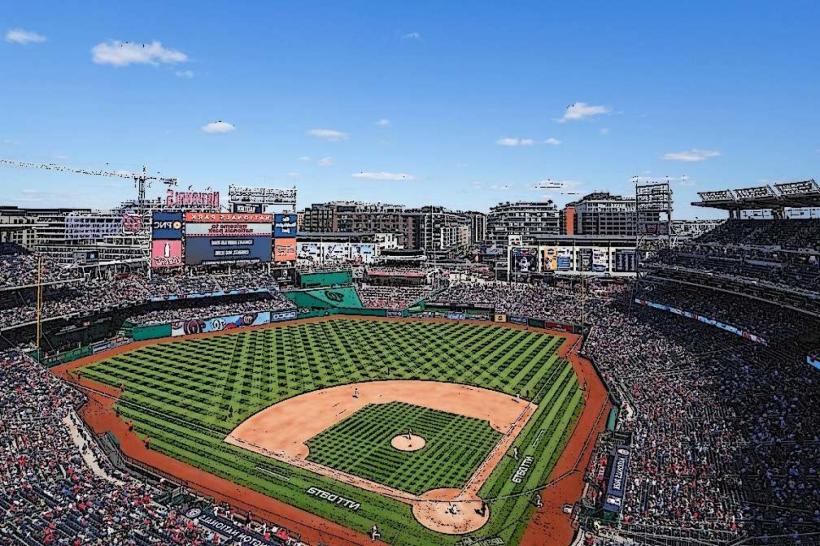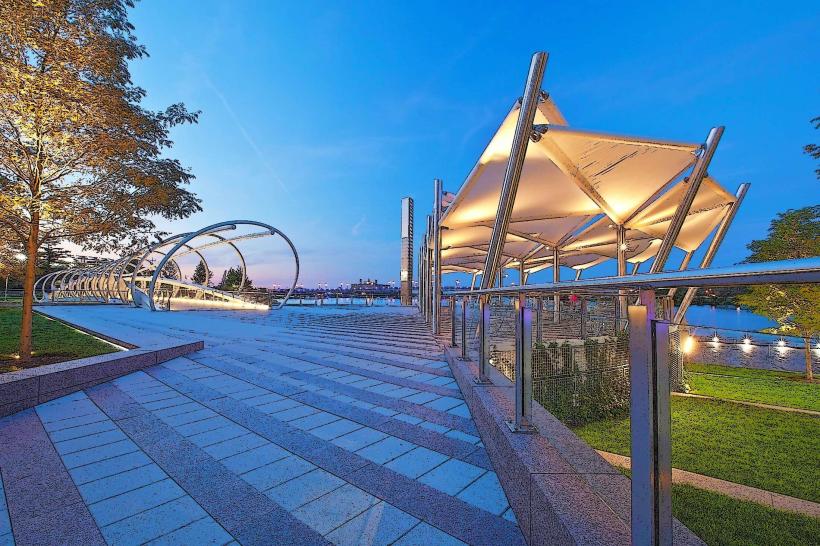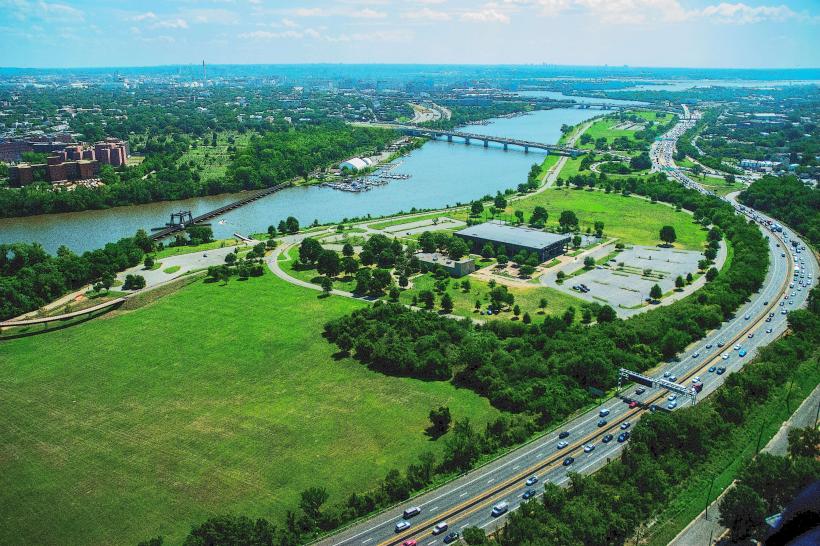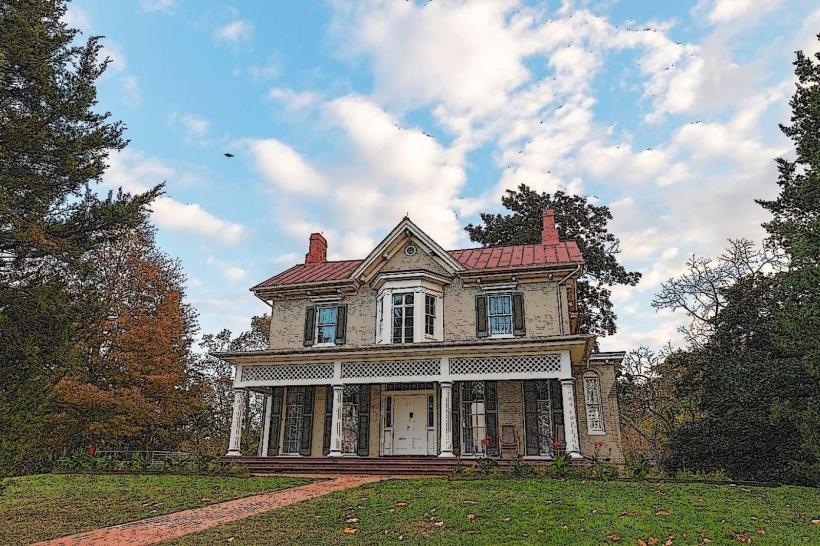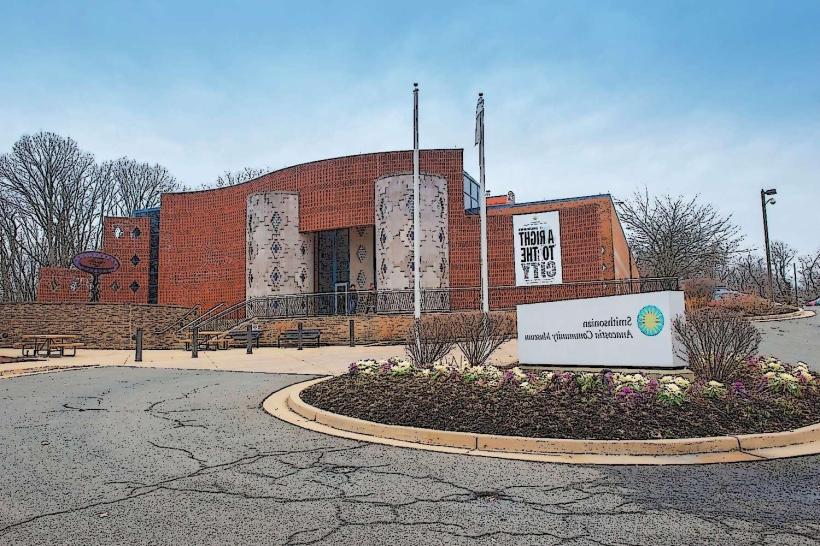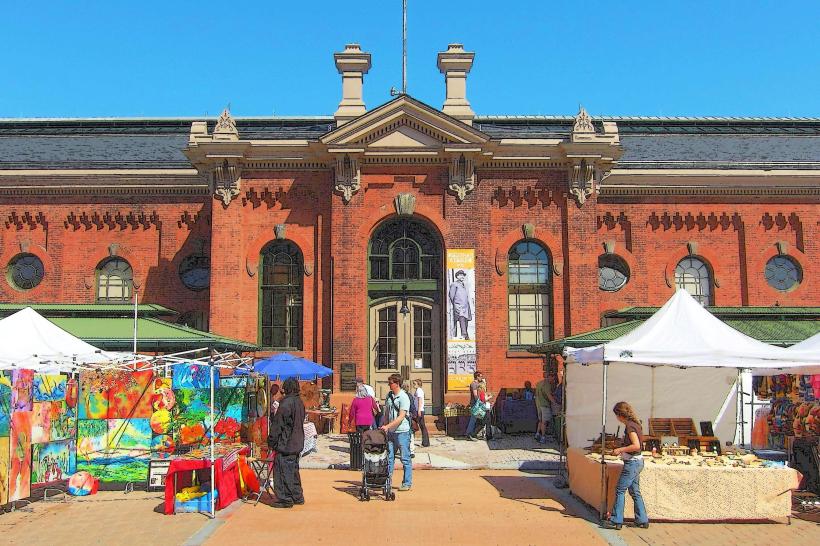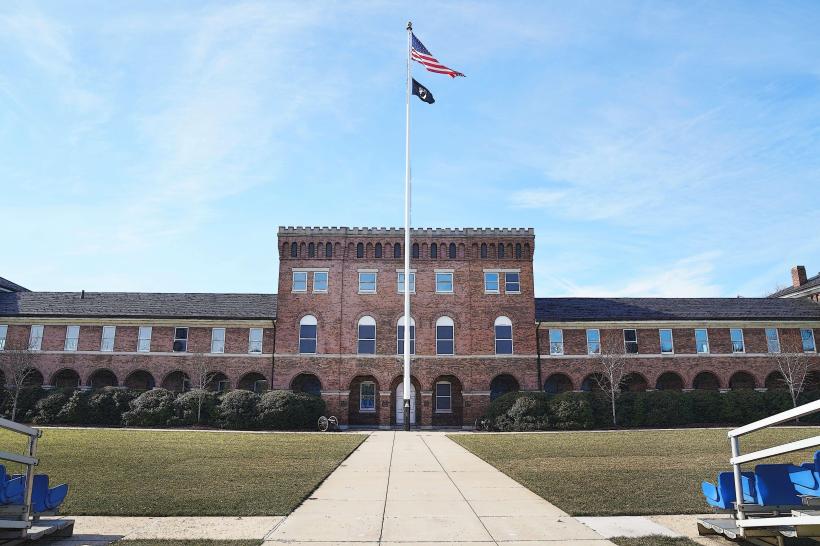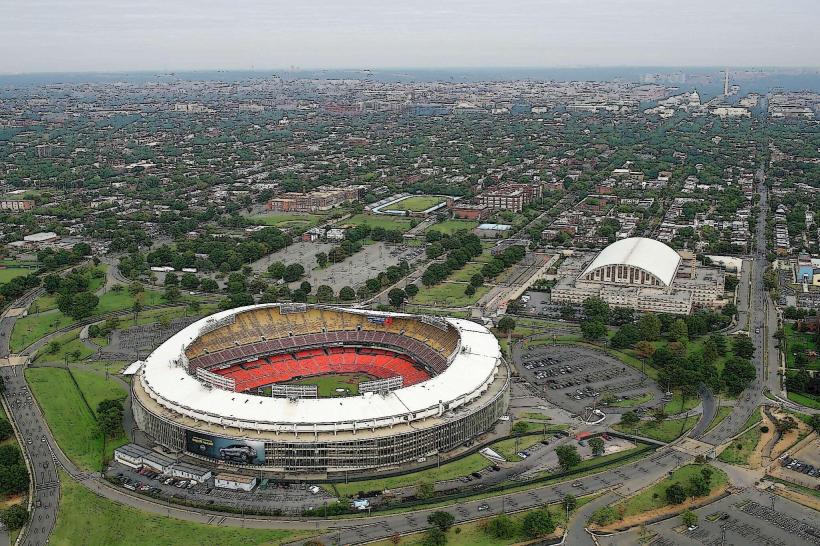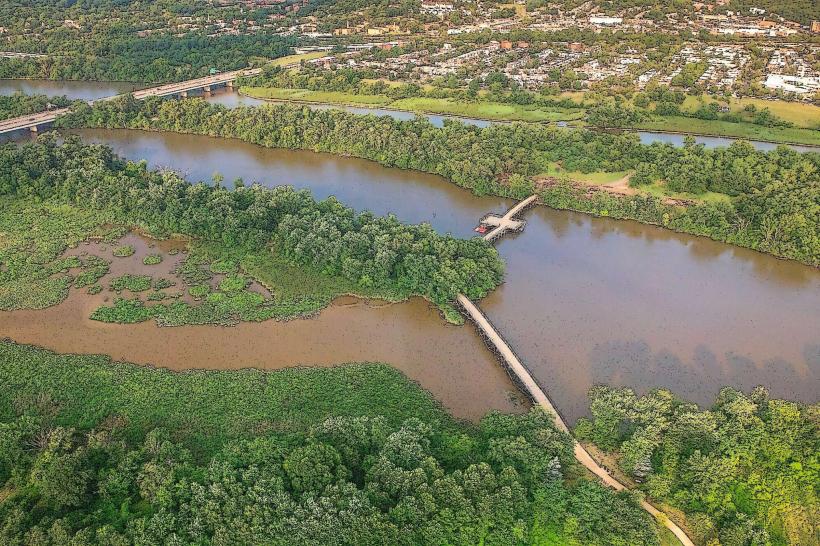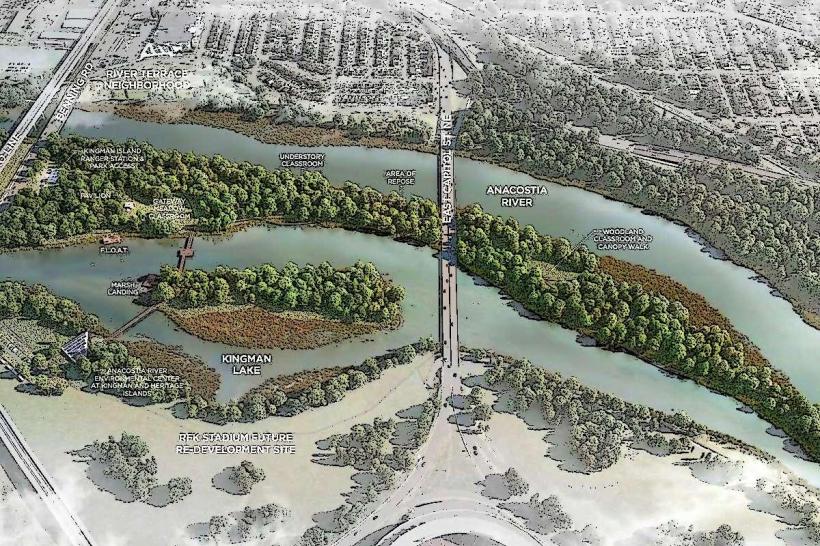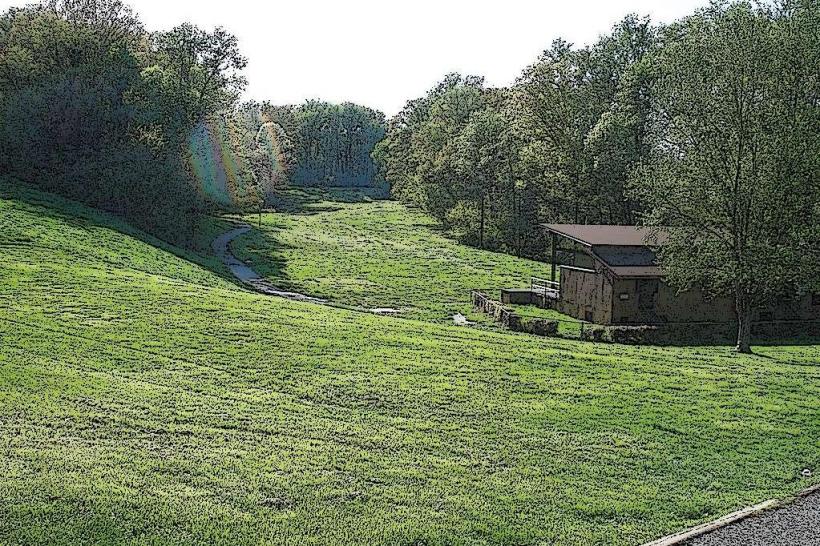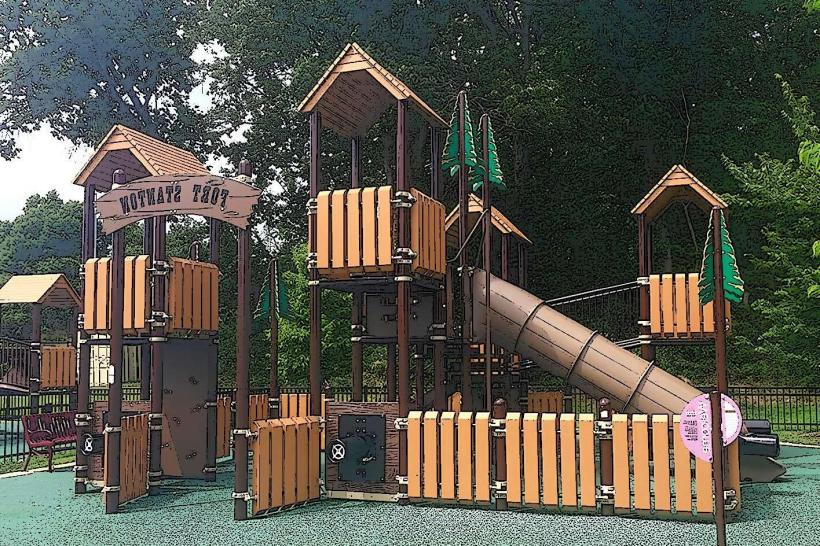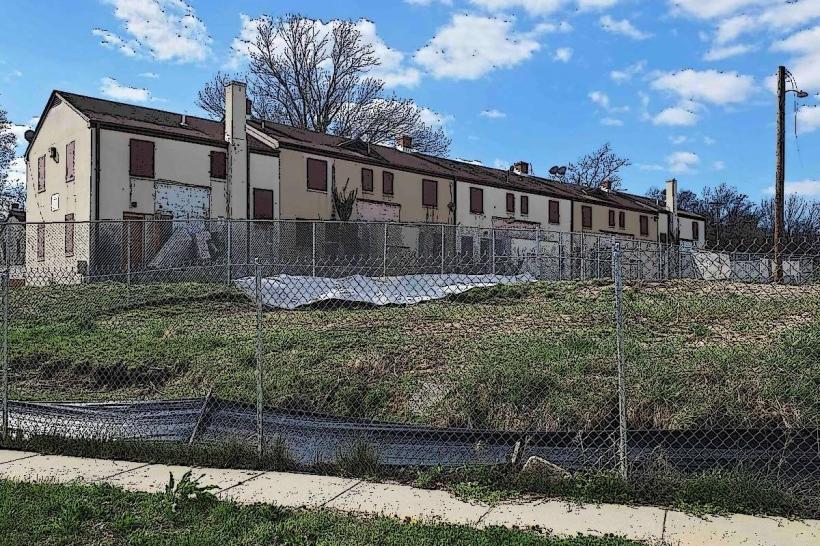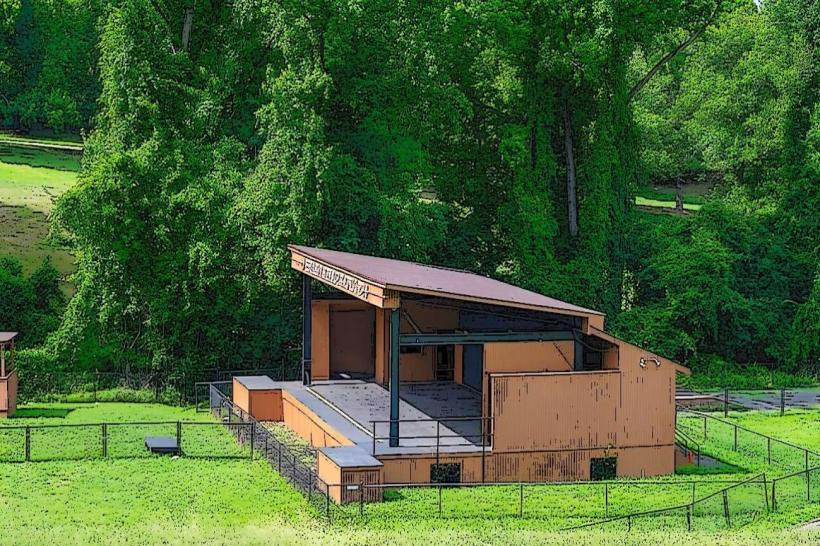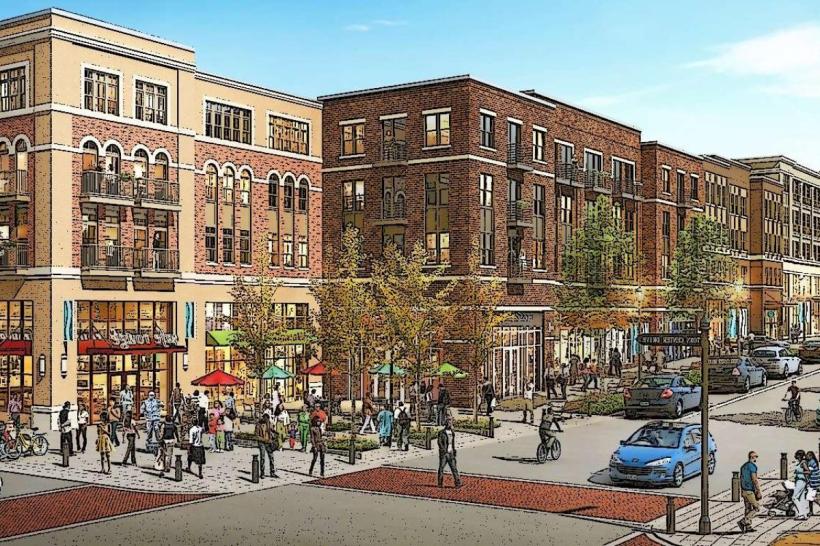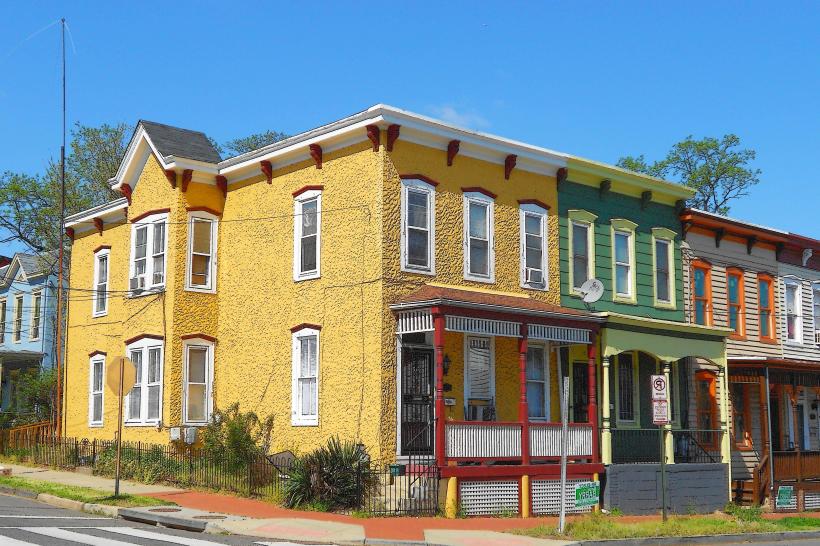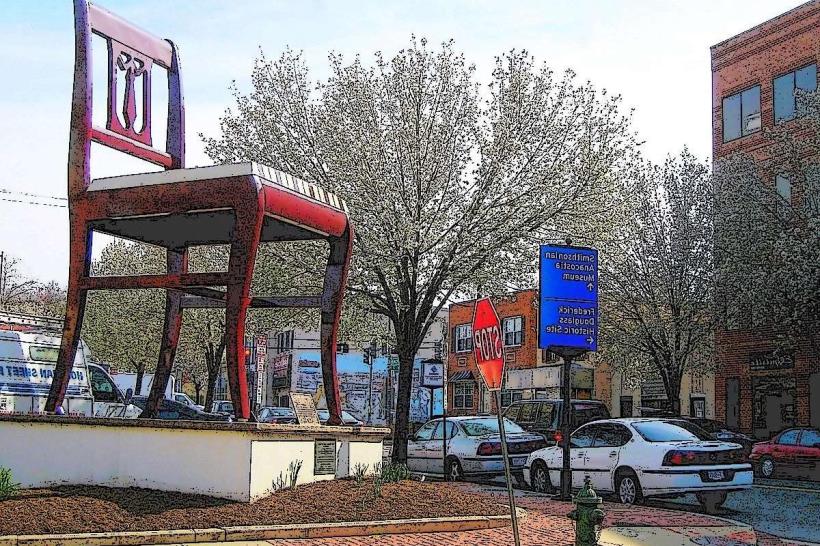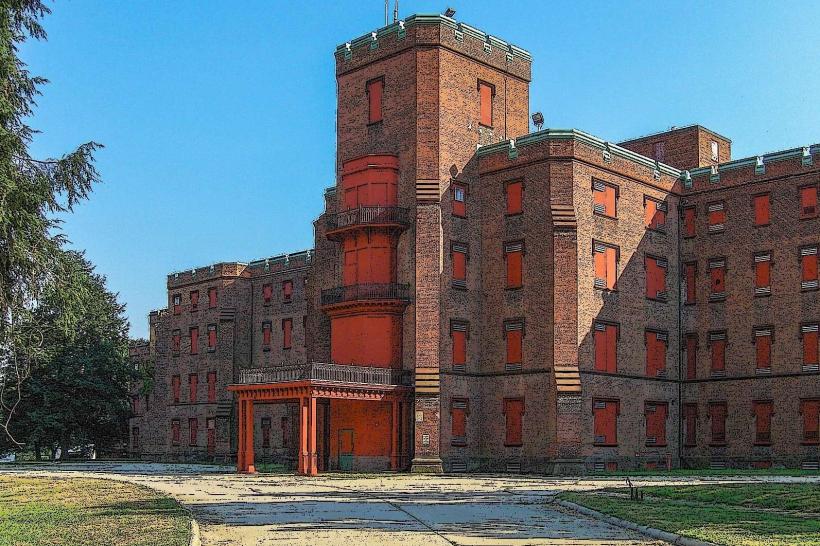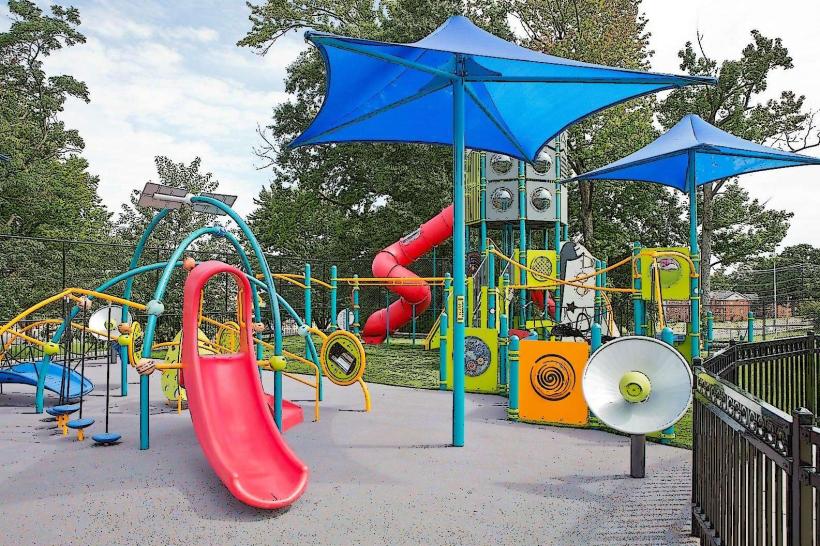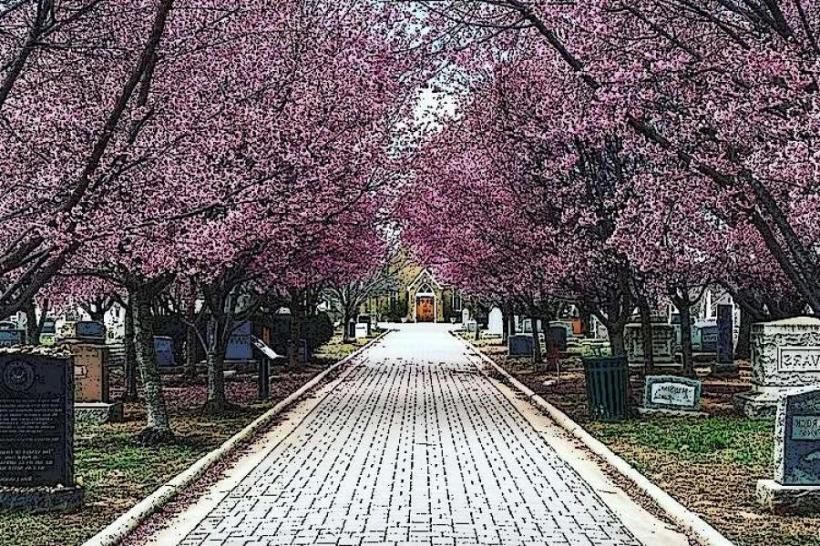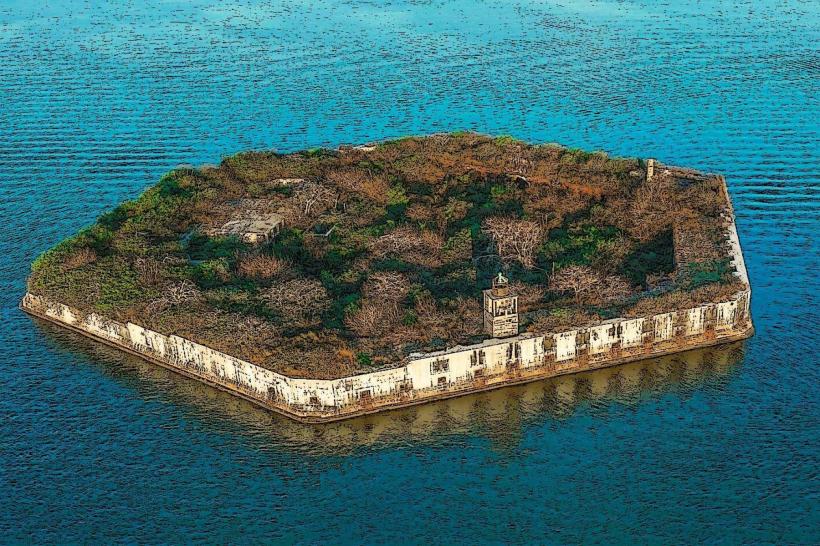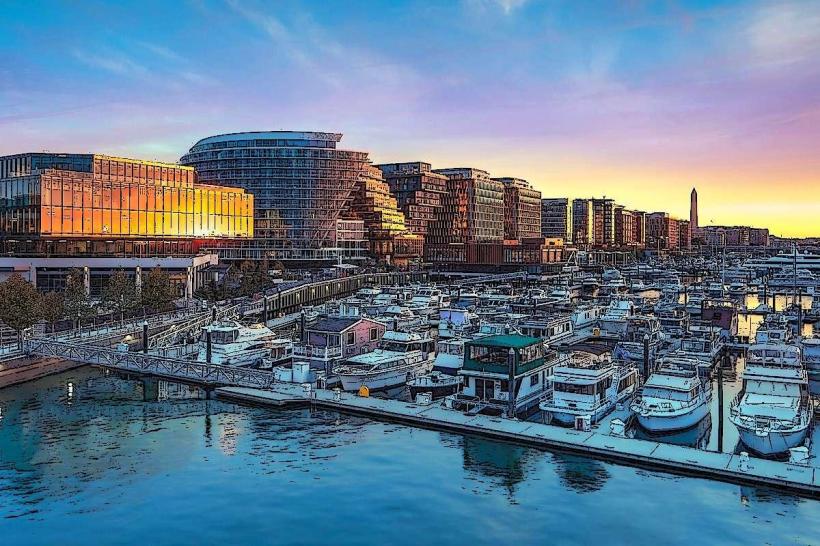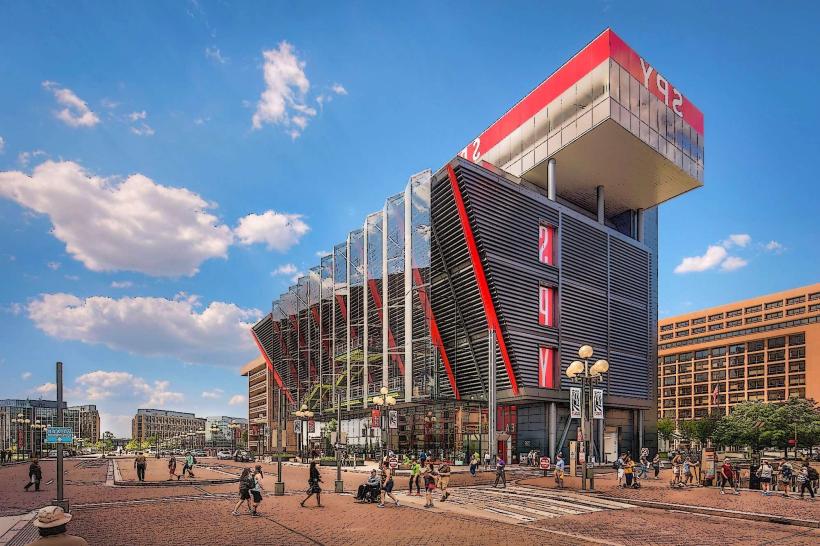Information
Landmark: DC ArmoryCity: Southeast Washington
Country: USA Washington DC
Continent: North America
DC Armory, Southeast Washington, USA Washington DC, North America
The D.C. Armory, located in Southeast Washington, D.C., is a prominent multi-purpose arena and one of the city's oldest and most versatile indoor venues. Situated near the Stadium-Armory Metro station and adjacent to RFK Stadium, the Armory has served as a cornerstone for military, civic, sports, and cultural events since the mid-20th century.
Basic Overview
Opened: 1941
Location: 2001 East Capitol Street SE, Washington, D.C.
Size: Over 70,000 square feet of floor space, with a large arched roof and flexible layout
Primary Use: Dual-function facility serving both military purposes and public events
The building was originally constructed as a training and administrative facility for the District of Columbia National Guard. Its durable construction and large open interior made it immediately suitable for public gatherings as well.
Architectural Features
The D.C. Armory was designed in a streamlined modernist style, typical of civic architecture from the 1930s and 1940s.
The structure is built from reinforced concrete and steel, with a wide-span roof that allows for unobstructed interior space.
The arena floor can accommodate large crowds and complex configurations-sports courts, trade shows, political rallies, or military drills.
Despite its military function, the Armory has always been conceived as a civic venue, reflecting a design philosophy of “preparedness and public service.”
Historical Significance
Military Function
The Armory has served as the headquarters of the D.C. National Guard since its opening. It houses administrative offices, training rooms, drill halls, and storage for military equipment. Throughout its history, it has played a role in preparing local forces for deployment and organizing civil defense responses during crises.
Wartime Use
During World War II and subsequent conflicts, the Armory supported national mobilization efforts. It also became a strategic site for coordinating defense logistics and storing supplies in the event of attacks on the U.S. capital.
Civic and Cultural Role
From the beginning, the D.C. Armory was envisioned as more than a military site. It became a vital event venue for the city and has hosted a wide array of gatherings, including:
Presidential Inaugural Balls, particularly during the 1950s and 1960s
Political conventions and rallies
Trade shows and exhibitions, ranging from home shows to car expos
Graduation ceremonies and large banquets
Its adaptability has allowed it to serve Washingtonians across generations.
Sports and Entertainment
The D.C. Armory has played an important role in the city’s sports and entertainment history:
Washington Diplomats (indoor soccer) and D.C. Roller Girls (roller derby) have used it as a home venue.
It has hosted boxing matches, basketball games, and even temporary events like wrestling, martial arts competitions, and concerts.
Before the opening of larger modern venues such as Capital One Arena, the Armory was one of the city's most reliable large indoor spaces for public entertainment.
Its acoustics and straightforward design made it a favorite for live concerts, especially in eras before stadium-scale technology became widespread.
Recent Use and Renovations
Though not as heavily used as in its mid-century heyday, the D.C. Armory remains active:
Continues to serve as a base for the D.C. National Guard.
Hosts periodic events such as vintage expos, fitness competitions, community festivals, and job fairs.
Has been used for emergency response coordination, especially during times of civil unrest or public health emergencies (e.g., COVID-19 testing and vaccination logistics).
While the structure has aged, it remains structurally sound, and city officials have periodically considered renovation or adaptive reuse to modernize the facility while preserving its historic significance.
Geographic and Civic Context
The Armory is located near:
RFK Stadium (now mostly decommissioned but historically significant)
St. Elizabeths Hospital and Anacostia River parks
Kingman and Heritage Islands
Stadium-Armory Metro Station, which provides direct rail access via the Blue, Orange, and Silver lines
The Armory is a crucial component of the broader redevelopment zone in D.C.’s East Capitol corridor, where the city is working to integrate infrastructure, parks, and cultural spaces with historic preservation and economic growth.
Legacy and Symbolism
The D.C. Armory stands as a symbol of civic resilience, community readiness, and public engagement. Its ability to pivot between military and civilian roles reflects the dual identity of the National Guard itself. For decades, it has embodied the spirit of service, preparedness, and public unity.
As Washington, D.C. continues to evolve, the D.C. Armory remains a visible reminder of the city’s layered history-military, political, and social-and its ongoing potential as a flexible gathering space for the people of the capital.

